-79%
Necrotizing Enterocolitis: A Comprehensive Exploration
Necrotizing enterocolitis (NEC), a severe gastrointestinal disorder primarily affecting premature neonates, holds significant clinical importance in perinatology. To shed light on this complex condition, a dedicated issue has been meticulously crafted for the first time.
1. Feeding Practices and NEC
The intricate relationship between feeding practices and NEC is thoroughly examined. Articles delve into the impact of various feeding methods, such as breast milk versus formula, and their potential influence on the development of NEC.
2. Prebiotics, Probiotics, and Postbiotics
The potential of prebiotics, probiotics, and postbiotics in preventing and treating NEC is explored. Articles investigate the mechanisms by which these substances modulate the gut microbiome and protect against NEC.
3. Clinical Presentations of NEC
A comprehensive review of the clinical manifestations of NEC is presented, providing a detailed understanding of the signs and symptoms that clinicians should be aware of. This section serves as an invaluable guide for early diagnosis and prompt intervention.
4. Short Gut Syndrome in the NICU
The complex management of short gut syndrome, a potential long-term complication of NEC, is discussed. Articles provide insights into surgical techniques, nutritional support, and other therapies aimed at maximizing patient outcomes.
5. NEC in Full-term Neonates
Contrary to popular belief, NEC can also affect full-term neonates, albeit with reduced frequency. This section highlights the unique characteristics and management strategies specific to this cohort of patients.
6. Lactoferrin and NEC
The role of lactoferrin, a multifunctional protein found in breast milk and other bodily fluids, in both preventing and treating NEC is elucidated. Articles explore the potential mechanisms by which lactoferrin exerts its protective effects.
7. Altered Gut Microbiome and NEC
The critical role of the gut microbiome in NEC pathophysiology is investigated. Articles delve into the composition and function of the gut microbiota in infants with and without NEC, highlighting the potential for targeted interventions to combat the condition.
8. Inflammatory Signaling in NEC
The complex inflammatory signaling pathways involved in NEC are explored. Articles provide a comprehensive overview of the key mediators and molecules that contribute to the development and progression of the disease.
9. Newer Monitoring Techniques
The use of advanced monitoring techniques, such as near-infrared spectroscopy, to predict the risk of NEC is discussed. Articles highlight the potential of these techniques to improve early detection and facilitate timely interventions.
10. Surgical Treatment of NEC
The indications, techniques, and outcomes of surgical interventions for NEC are meticulously reviewed. Articles provide detailed guidance on the management of both acute and chronic forms of the disease.
11. Biomarkers of NEC
The search for reliable biomarkers that can aid in the early diagnosis and prognostication of NEC is ongoing. Articles explore the potential of various markers, such as inflammatory mediators and fecal metabolites, to improve patient outcomes.
12. Intestinal Transplantation
In severe cases of NEC, intestinal transplantation may be a life-saving option. This section discusses the indications, techniques, and outcomes of intestinal transplantation in the context of NEC.
maybe you like these too:
- How Gut and Brain Control Metabolism
- Asthma, An Issue of Nursing Clinics (The Clinics: Nursing) (Original PDF from Publisher)
- Breast Cancer, An Issue of Hematology/Oncology Clinics of North America, 1e (The Clinics: Internal Medicine)
- Sleep and Anesthesia, An Issue of Sleep Medicine Clinics, 1e (The Clinics: Internal Medicine)

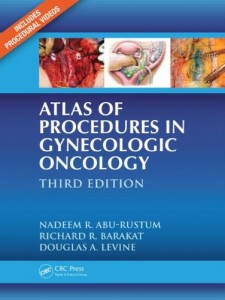

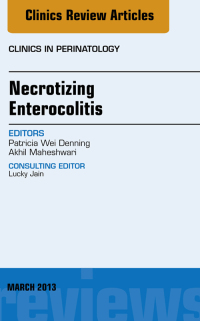
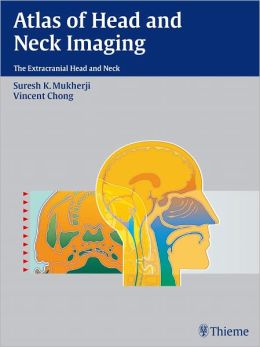
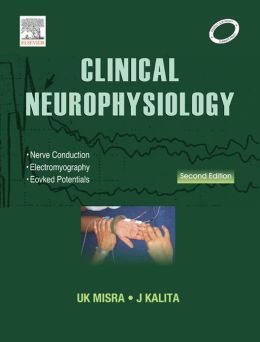

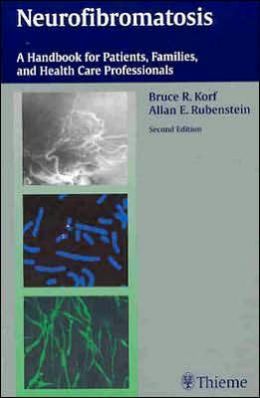

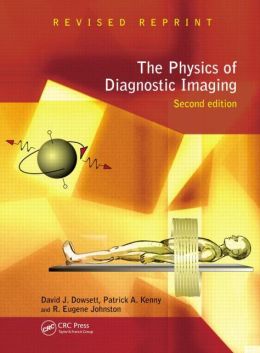
Reviews
Clear filtersThere are no reviews yet.